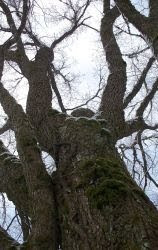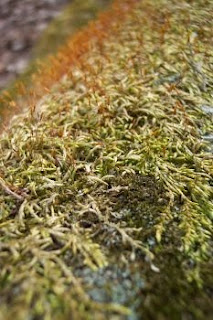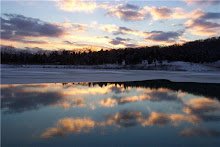
Last Sunday, during “Connections”, our 11 a.m. middle hour on Sundays, I circled up with five parents in one corner of the Social Hall for our monthly “The Art of Unitarian Universalist Parenting” session. The topic du jour was “Winter Holidays.” We began with Sophia Lyon Fahs’s “For so the Children Come:”
For so the children come, and so they have been coming.
Always in the same way they come, born of the seed of man and woman.
No angels herald their beginnings. No prophets predict their future courses.
No wise men see a star to show where to find a babe that will save humankind.
Yet each night a child is born is a holy night.
Fathers and mothers—sitting beside their children’s cribs—
Feel glory in the sight of a new life beginning.
They ask, “Where and how will this new life end? Or will it ever end?”
Each night a child is born is a holy night—
A time for singing, a time for wondering, a time for worshipping.
These words capture how my own theology has changed. The Christmas of my childhood was about the Christ Child’s miraculous birth. The Christmas of my middle-age is about Every Child’s miraculous birth. At this darkest time of year, it makes sense to me to celebrate birth--the emergence from the darkness of the womb into the light of life. On Christmas Eve, I celebrate the magic and wonder of Jesus’s birth, knowing that it represents, for me, the magic and wonder of birth universal.
Others in our group spoke of how powerful they find our church’s annual Winter Solstice Service—to sit in a circle in darkness and await the return of light is to connect with our ancestors and honor the natural cycle of human experience. They join themselves to an unending circle and know wholeness.
But winter and the winter holidays are a complicated time of year, fraught with pitfalls and challenges. We talked about missing loved ones who are no longer alive and feeling homesick when parents are no longer married. We explored depression born of the shrinking sunlight and expanding to-do lists of the season. As we shared stories of our own winter struggles, we acknowledged that such struggles are part of the natural cycle of life, both for us and for our children.
What is it we wish for our children when they come to their own inevitable times of darkness?
We agreed that we want them to believe in their own inner strength—their light—ever present, even in the darkest of times. We want them, in the darkest of times, to be able to reach out and be with others, however hard. We want for them to know that light grows when shared.
What we want for them is faith and hope. The darkest day marks the beginning of the growing light.
And how do we pass transmit these “passwords” to our children?
We live them ourselves. We find and claim and celebrate our own inner light. We share our gifts with the world. We let our lights shine. We push ourselves to reach out to others, even when what we really want to do is pull the covers over our heads. We keep on keeping on, step by step. We orient ourselves to the light. We sing. We worship. We wonder.
Our small efforts do matter. Standing on the Side of Love is contagious. This winter holiday and in all the winters to come, may it be so.























